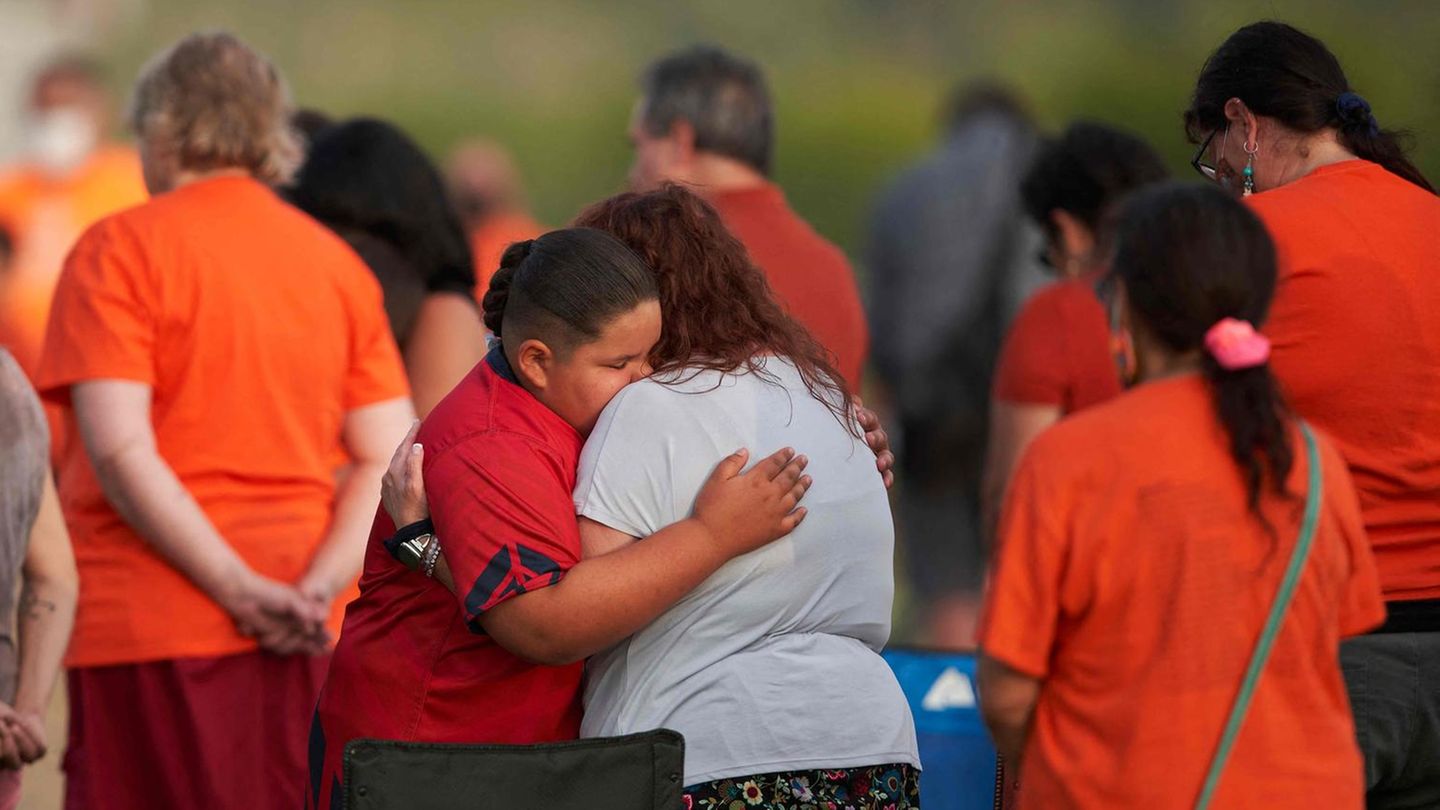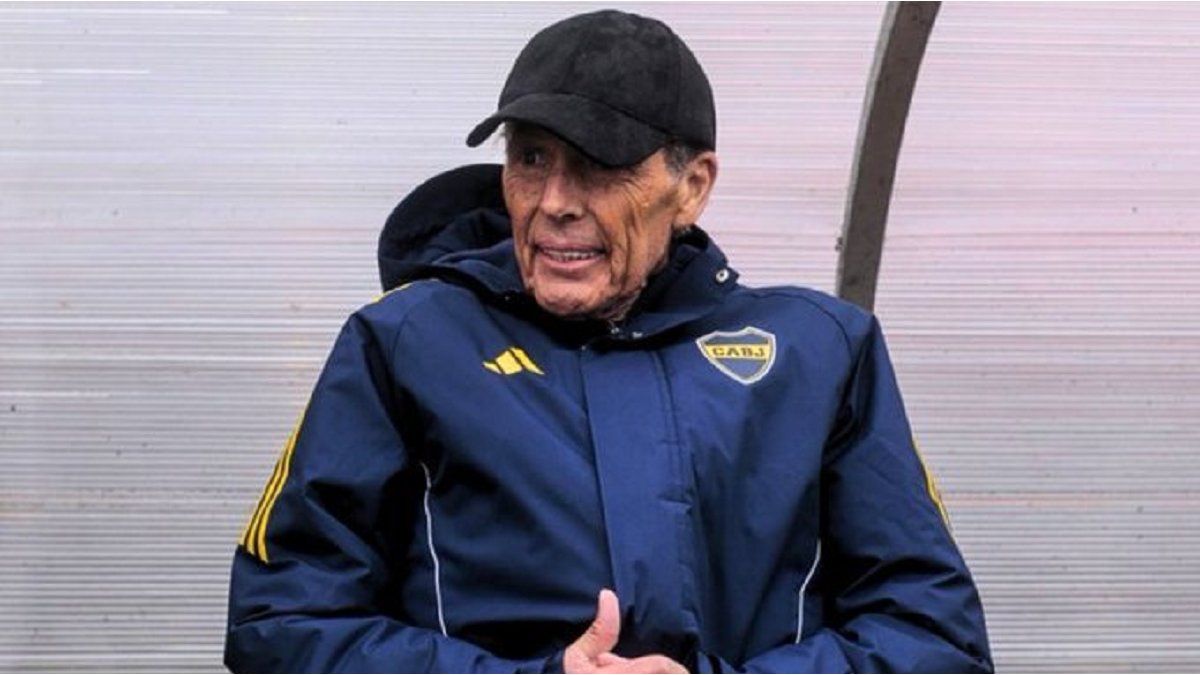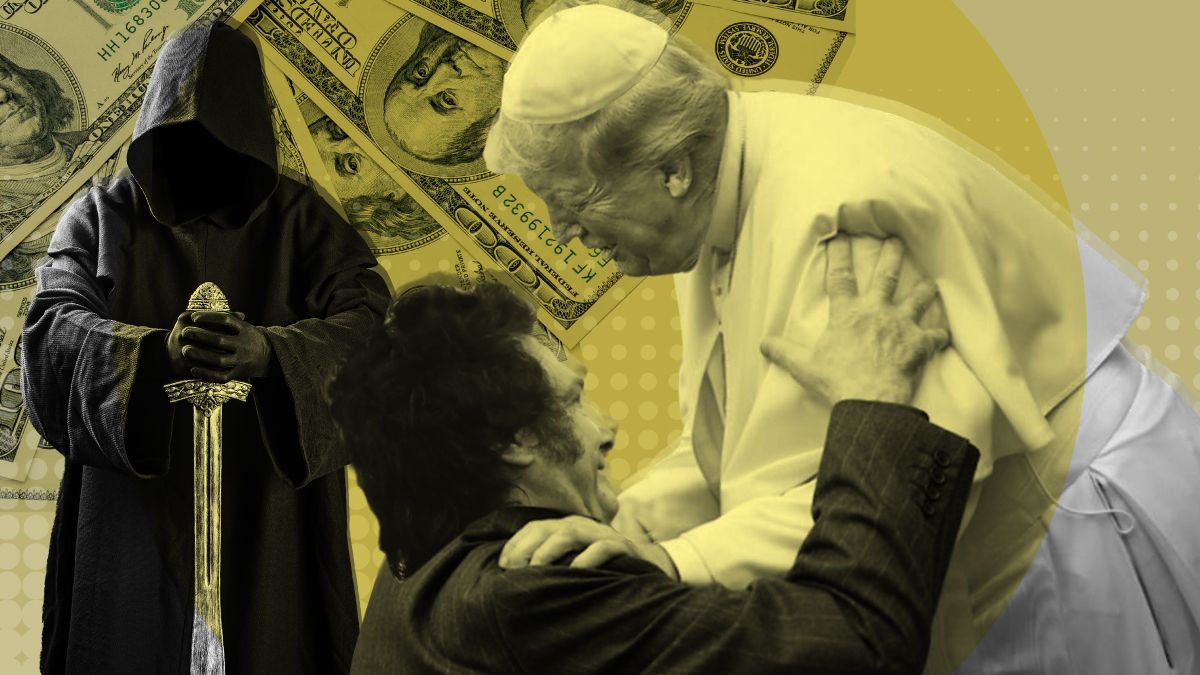After more than 180 graves of alleged indigenous children were discovered on the grounds of a former boarding school in Canada, churches went up in flames. The country is overtaken by its dark past.
Canada’s Prime Minister Justin Trudeau tried to smooth things over. “Destroying places of belief is not the way we should be,” said the government leader on Wednesday (local time) in response to “suspicious” fires that hit at least eight Catholic and Anglican churches in British Columbia in the past few weeks and destroyed or damaged Alberta. The Royal Canadian Mountain Police (RCMP) has taken over the investigation, and evidence of arson is mounting.
Nevertheless, Trudeau did not want to flatly condemn the acts, he knows about the alleged motive. Canada is facing what is perhaps the darkest chapter of its history these days, which some historians have dubbed the “Canadian Holocaust”. From the 17th century to the 1990s, indigenous children were torn away from their families, isolated from them and placed in mostly church-run residential schools across the country. There they were forced to forget and deny their own language and culture, which – well documented – led to identity crises for countless inmates. At the same time, they should embrace the traditions of the European colonialists. Violence, torture and sexual abuse were commonplace. And in the face of countless cases of missing, suspicions persisted that hundreds, perhaps thousands, of children died or were actively killed in re-education schools.
Grave finds turn suspicion into certainty for many
For weeks now, with the help of ground penetrating radar devices, unmarked graves or the remains of indigenous children have been discovered again and again on the properties of former residential schools. What was only speculated about for a long time now seems to come to light: in the church boarding schools, children were killed and finally buried. Although there is no direct evidence so far, even representatives of the indigenous communities assume that anger and hatred that have been pent up for a long time are now discharging in the burning of churches.
The discovery of 182 gravesites near the former St. Eugene Re-education Boarding School near the town of Cranbrook in southern British Columbia is the latest in this series. Even more graves could be found here. Some are only a meter deep. It was “a deeply disturbing and painful experience” for the entire community, said the Cranbrook-based indigenous community of the ʔaq ̓ am (part of the Ktunaxa Nation) in a statement with. Nevertheless, it must be ensured that “no soul is really forgotten”. It should also be clarified whether these are exclusively graves of boarding school victims, since the cemetery was also used by white settlers.
Nevertheless, the National Chief of the Assembly of the First Nations, Perry Bellegarde, demanded a little later that there must be a search for unknown graves at all previous residential schools. “This is an affirmation for everyone’ what the survivors reported, “the TV broadcaster Global News quoted Bellegarde,” that there are unmarked graves and that there have been deaths in these facilities. “Nevertheless, he too condemned the arson in Christian churches.” I can do them Frustration, understanding anger and pain, “he said,” but burning things down is not our way. Our way is to build relationships and come together. ”
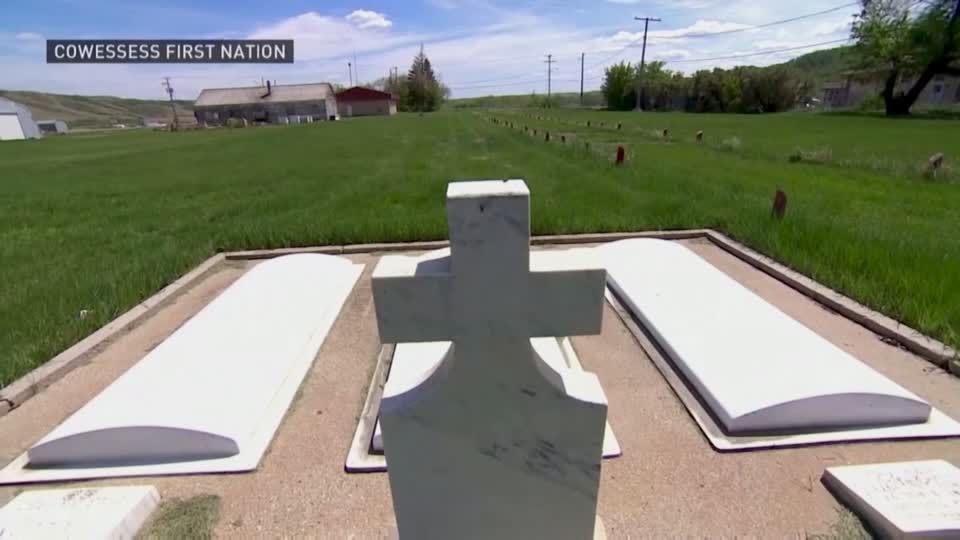
Pope is asked to offer an apology
The Prime Minister of Alberta, Jason Kennedy, showed little understanding for the arson, spoke of an “attack on Canadian values”. It is terrifying. “This level of violence, the attack on a religious community, is an attack on the constitutionally protected freedom of religion.” He said nothing about the disturbing reason for the outbursts.
UN human rights experts have long been demanding that the government of Canada and the Vatican provide comprehensive information about the victims of the re-education boarding schools, in which at least 150,000 young indigenous peoples, Inuit and Métis were detained and harassed. Prime Minister Justin Trudeau has not only urged his compatriots to become aware of their country’s guilt, but also urged the Pope himself to come to Canada and apologize.
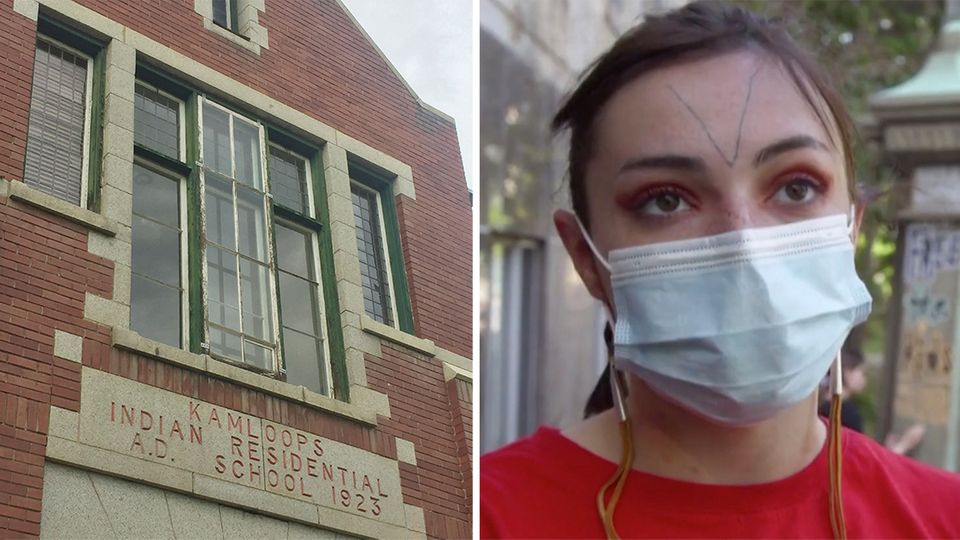
Is Francis coming to Canada at the end of the year?
“An apology is one step of many on a healing journey,” CNN quoted Cadmus Delorme, chief of the Cowessess Community, on whose territory in Saskatchewan 750 unmarked graves were recently discovered not far from the Marieval Indian Residential School. The Conference of the Catholic Bishops of Canada announced earlier this month that it wanted to arrange a meeting of the Pope with representatives of the indigenous peoples. Because of the corona pandemic, this could take place at the end of the year at the earliest.
David William is a talented author who has made a name for himself in the world of writing. He is a professional author who writes on a wide range of topics, from general interest to opinion news. David is currently working as a writer at 24 hours worlds where he brings his unique perspective and in-depth research to his articles, making them both informative and engaging.

